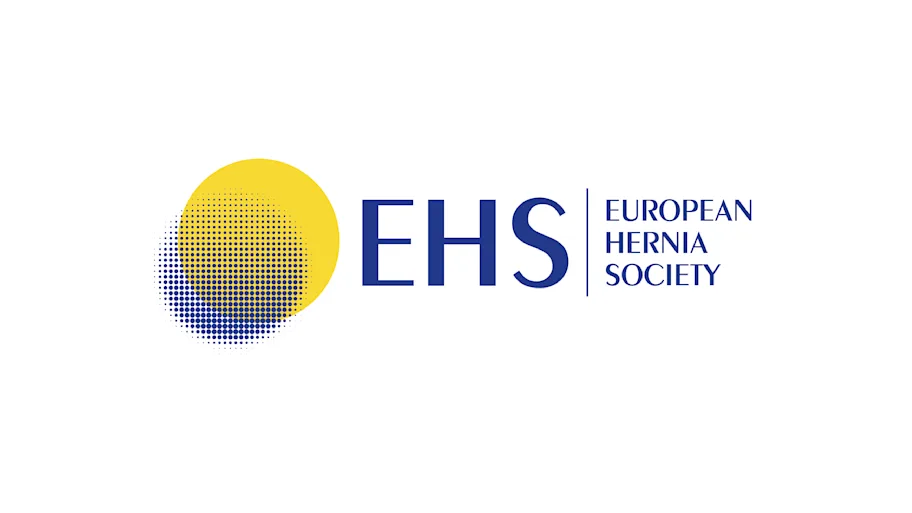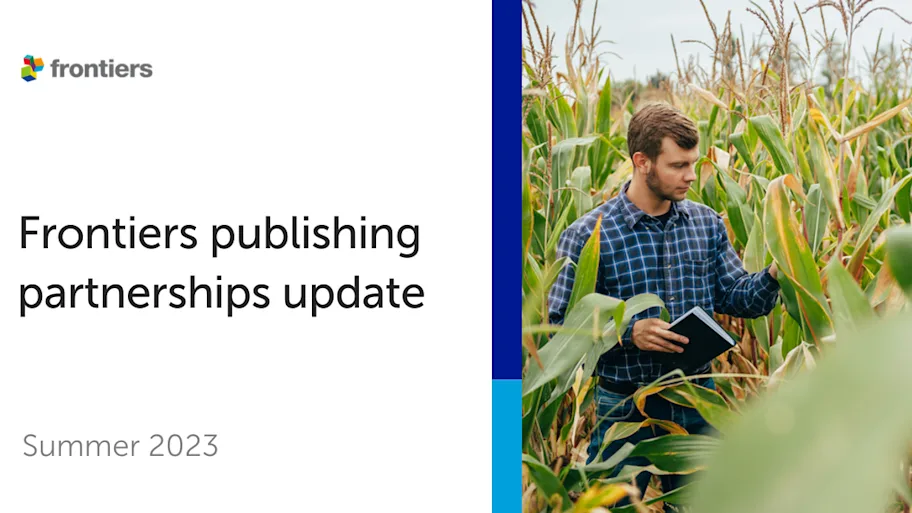
- Science news
- Publishing partnerships
- Quality of life with a hernia: a novel patient-led study in JAWS
Quality of life with a hernia: a novel patient-led study in JAWS
Frontiers publishing partnerships guest post
As part of its commitment to patient engagement, the Journal of Abdominal Wall Surgery (JAWS), one of Frontiers community of publishing partners, published a patient-led study on the impact of hernias on patients’ quality of life.

Credit: Frontiers
Abdominal wall hernia is a common disorder that usually requires elective surgery. Within hernia research, generic tools are often used to assess patient’s quality of life, but these do not always capture the specific concerns faced by abdominal hernia patients. Authored by both patients and medical professionals, this paper covers new ground by addressing gaps in knowledge, assessing the full impact of the disorder, and exploring whether existing quality-of-life life tools are adequate.
Susannah Hill is the article’s lead author and a hernia patient herself. She was asked to present the patient’s perspective on living with a hernia at the European Hernia Society (EHS) conference in 2022. After positive feedback from the audience, Hill received suggestions to publish the data in the Journal of Abdominal Wall Surgery.
“I wanted to raise awareness that hernias can be much more than physical, they can also impact personal relationships and mental health. Because these topics are usually glossed over in quality of life questionnaires, I chose to focus on these areas for my research, to see whether other patients had similar concerns”, said Hill.
What was the outcome?
As part of the research over 260 volunteer patients completed an anonymous questionnaire. One notable finding was the impact of abdominal hernias on patients’ sex lives, with 50% of those surveyed reporting a negative impact, across all types of hernias and all age groups. This suggests patients waiting for surgery can benefit from practical support which includes information on pain management during intimacy.
Hill herself experienced further impacts. “My deformed tummy would trigger traumatic memories of my time in the hospital. I wouldn’t let my husband see it, let alone touch it. The deformity was difficult to hide, and my old clothes didn’t fit. If I tried to exercise, there was a horrible sensation of my muscles pulling apart, I feared making the hernia worse.“
Most patients (79%) noted their hernia limited the types of exercise they could do. Almost half (43%) described how they restricted their diet to manage bowel pain and bloating, to minimize the risk of bowel obstructions, or reduce the number of bowel movements.
The results show that, although abdominal hernias may be classified as asymptomatic from a medical perspective, they impact mental health and social relations.
“Our journal is deeply committed to the patient community of abdominal wall hernias”, said professor Manuel López Cano, Editor in Chief of JAWS. “Because abdominal wall surgery is such a common operation, there is a constant exchange of ideas and research. We try to bring patients on board the scientific progress, historically through advisory groups in the European Hernia Society and more recently, through this patient-led study published in JAWS.”
By bridging the gap between patients and medical professionals, JAWS, and its founding society, the European Hernia Society, is striving to promote advancements in abdominal wall surgery, ultimately improving the overall well-being and outcomes of patients.
About the Journal of Abdominal Wall Surgery
As the official journal of the European Hernia Society (EHS), JAWS aims to foster clinician-patient collaboration and promote innovative research in the field. The journal was launched with Frontiers as a partnership journal to promote clinical and basic research on abdominal wall surgery.
About the European Hernia Society (EHS)
Founded in 1979, the European Hernia Society is the world’s most prominent society in the field. It is an international society aiming to promote best practices and improve outcomes for people with abdominal hernia. To support the use of evidence-based approaches, the society also published guidelines on preventing and managing different types of hernia.
In line with their commitment to patient-centered care, the EHS actively involves patients in their efforts through a patient advisory group and encourages strong engagement within the patient community.
About Frontiers
Frontiers is the 3rd most cited and 6th largest research publisher. Our role is to provide the world’s scientists with a rigorous and efficient publishing experience. Scientists empower society and our mission is to accelerate scientific discovery by making science open. We place the researcher at the center of everything we do and enable the research community to develop the solutions we need to live healthy lives on a healthy planet. Powered by custom-built technology, artificial intelligence, and rigorous quality standards, our research articles have been viewed more than 2.1 billion times, reflecting the power of research that is open for all.






